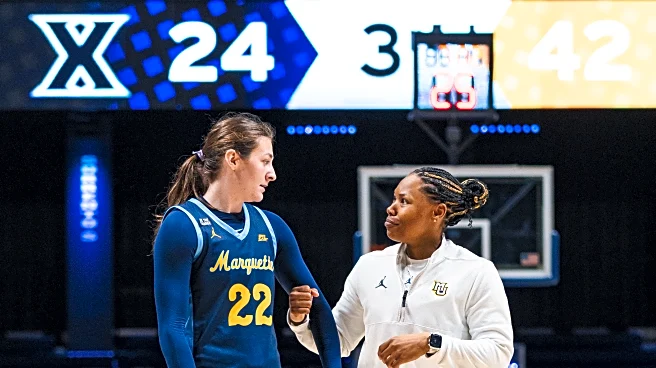Rapid Read • 6 min read
Researchers at the University of Wisconsin-Madison and the University of Copenhagen have developed a new method to efficiently prepare entangled quantum states using Grover's algorithm. This approach involves using atom-cavity systems, where single photons are repeatedly reflected off the cavity to create entangled states like Dicke and GHZ states. These states are crucial for quantum technologies such as computers, sensors, and communication systems. The study, published in Physical Review Letters, demonstrates that Grover's algorithm can be adapted to prepare these states quickly and with high success probability.
AD
The ability to efficiently prepare entangled quantum states is vital for advancing quantum technology, which has applications in computing, sensing, and secure communication. This research could lead to more scalable and reliable quantum devices, enhancing the capabilities of quantum systems. The use of Grover's algorithm in this context represents a significant step forward in quantum computing, potentially reducing error rates and increasing the precision of quantum measurements.
Future research may focus on relaxing the experimental requirements, such as reducing cavity losses, to make the method more practical. Additionally, researchers might explore extending the approach to prepare a broader range of entangled states, further advancing quantum technology. This could lead to new applications and improvements in quantum computing and communication systems.
AD
More Stories You Might Enjoy











